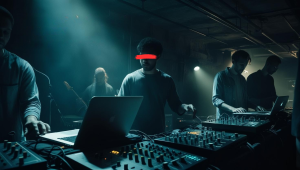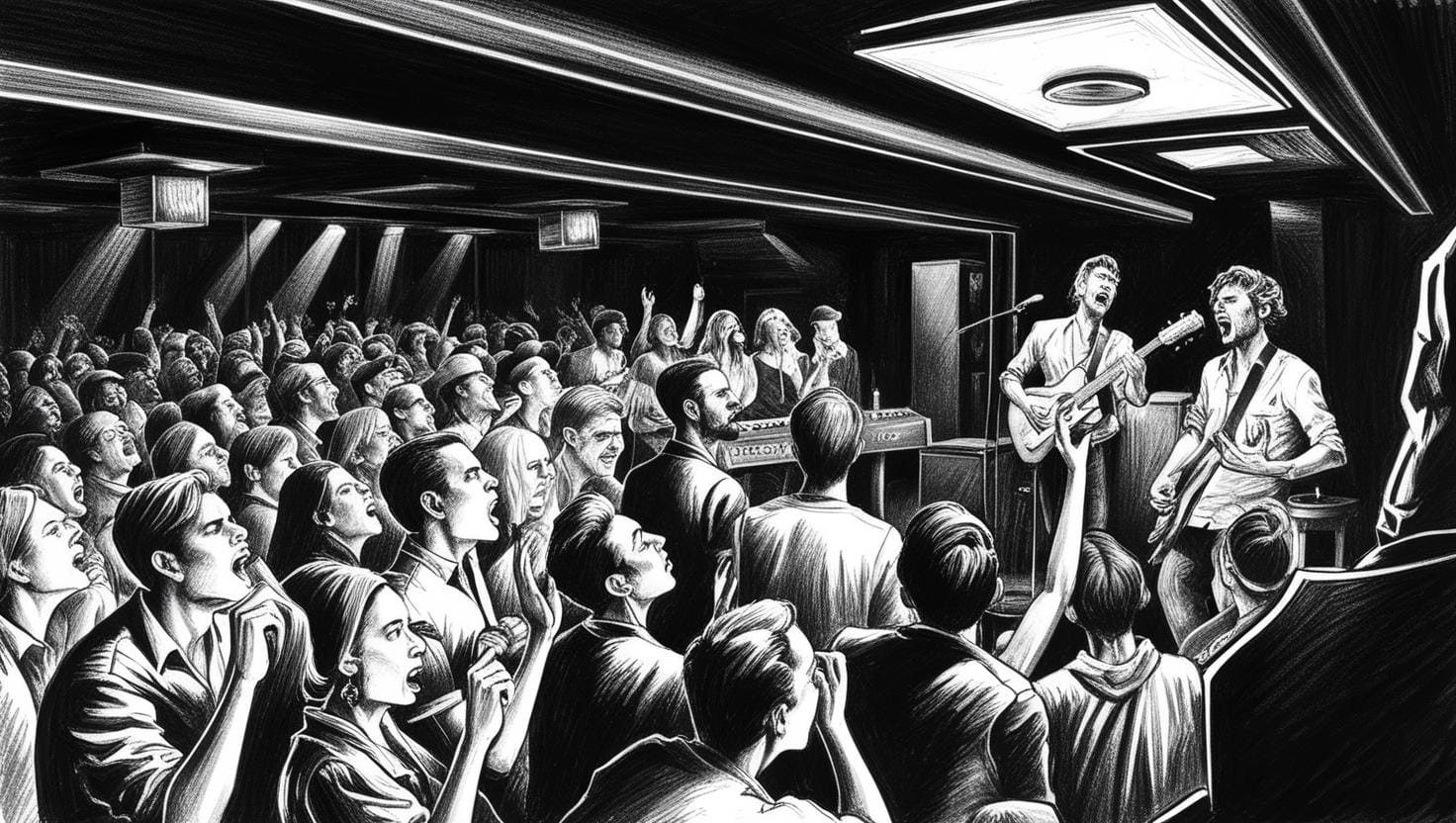
Introduction
Underground music has long thrived on rebellion, authenticity, and subversion. But in the 21st century, technology has become its ultimate amplifier. From bedroom producers to niche streaming platforms, digital tools are reshaping how underground artists create, distribute, and connect with audiences. In this article, we’ll dive into the seismic shifts technology has brought to underground music, spotlighting the platforms, trends, and challenges defining this new era.
1. Impact of Technology on Underground Music: Digital Platforms as the New Stage
Gone are the days of relying solely on physical gigs and cassette swaps. Today, platforms like Bandcamp, SoundCloud, and TikTok have democratized music distribution, letting indie artists bypass traditional gatekeepers.
- Bandcamp’s “pay-what-you-want” model empowers fans to support artists directly, fueling grassroots revenue
- SoundCloud’s algorithm-free zones prioritize discovery over virality, nurturing niche genres like lo-fi hip-hop and post-punk revival.
- TikTok’s viral potential has catapulted underground tracks into mainstream playlists, blurring the lines between DIY and commercial success.
2.DIY Production & the Impact of Technology on Underground Music
Technology has turned smartphones and laptops into full-fledged studios. Affordable tools like Ableton Live, FL Studio, and even free apps like GarageBand enable artists to craft professional-grade tracks without label backing.
- AI-powered mixing tools (e.g., LANDR) automate mastering, lowering barriers for self-released albums.
- YouTube tutorials have democratized skills like synth programming and beatmaking, fostering a global community of self-taught creators.
3. How Technology Shapes Underground Music Communities
Underground scenes thrive on tight-knit communities, and platforms like Instagram, Discord, and Reddit have become digital hubs for collaboration and curation.
- Instagram Live streams host virtual gigs, connecting artists with fans worldwide.
- Reddit’s r/indieheads and genre-specific forums spark conversations around emerging acts.
- Discord servers let fans and artists co-create playlists and crowdfund projects.
4. The Impact of Streaming Algorithms on Underground Music
While Spotify and Apple Music offer exposure, their algorithms often prioritize mainstream sounds. Underground artists face challenges like:
- Playlist payola: Paying for placement clashes with DIY ethics.
- Algorithmic bias: Experimental genres get buried under pop-centric recommendations.
5. The Future of Underground Music: Tech Innovations & Digital Trends
Emerging tech is poised to redefine underground music even further:
- Virtual reality concerts (e.g., Oculus Venues) offer immersive gig experiences.
- NFTs enable artists to monetize exclusive tracks and merch directly.
- Decentralized platforms like Audius reward fans and creators with crypto incentives.
Conclusion
Technology isn’t just changing underground music—it’s fueling a renaissance. From democratizing production to fostering global fanbases, digital innovation has empowered artists to reclaim their autonomy. Yet, as algorithms and commercialization creep in, the scene’s core ethos—authenticity over profit—remains vital. For underground music, the future is a remix of rebellion and code.





Leave a Reply